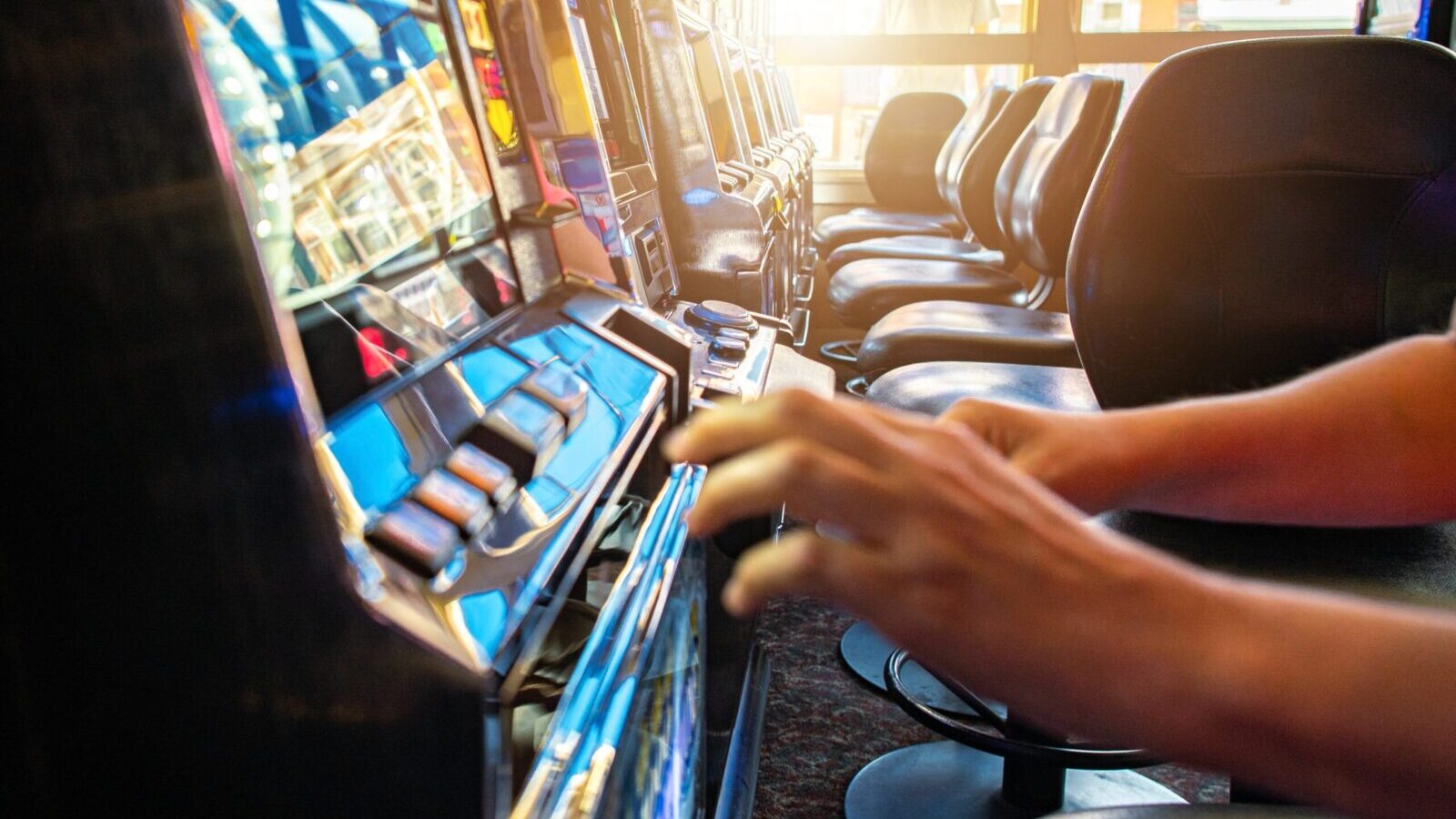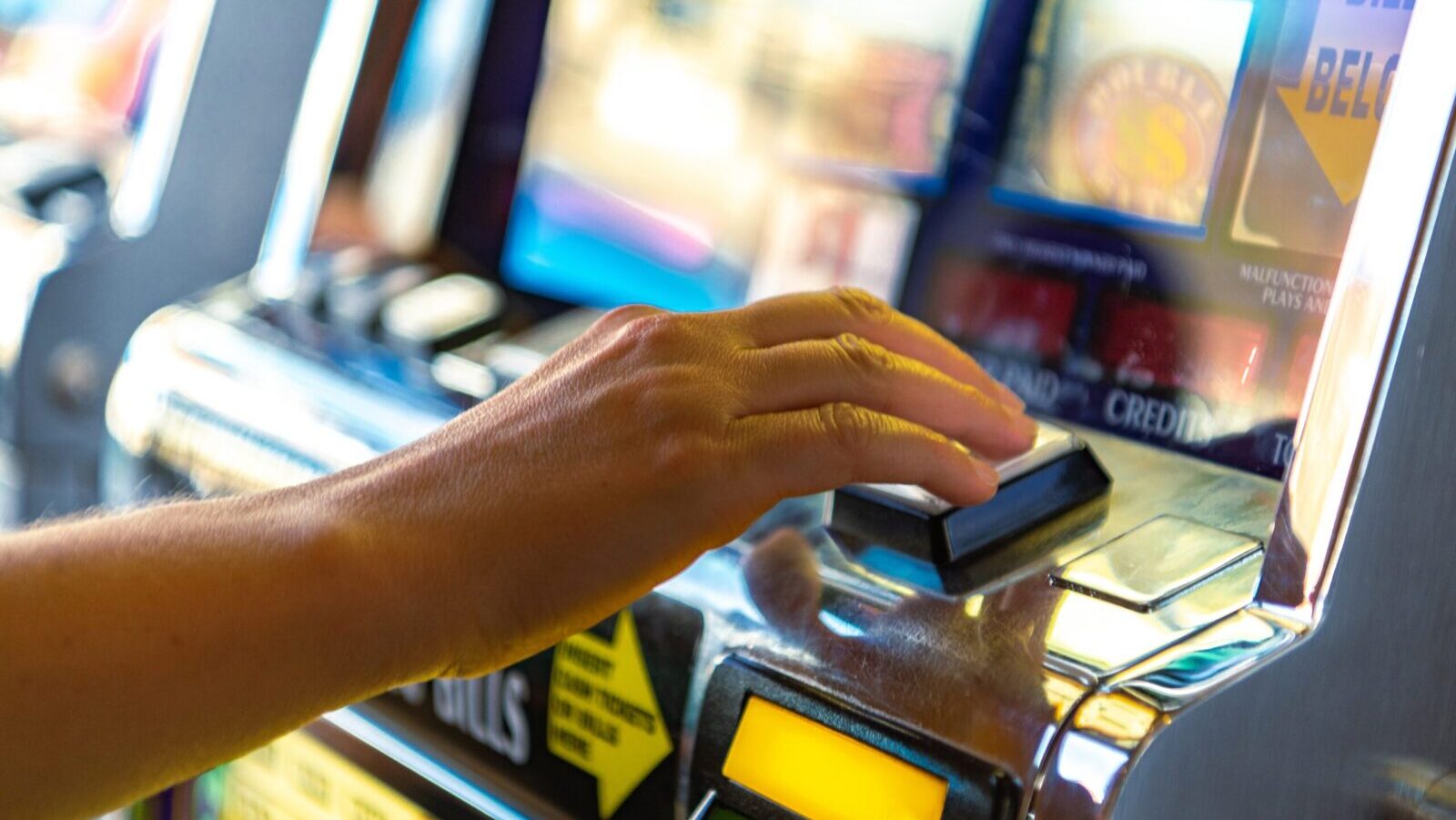Pennsylvania Casinos Threaten Tax Freeze Over Skill Games Dispute
Casinos face a 54% tax on slot machine revenue, while other machines operate untaxed
2 min

In a case that could continue to reshape the gambling landscape in Pennsylvania, the owners of 12 of the state’s 17 casinos have filed a lawsuit against the Commonwealth, challenging the constitutionality of the current tax regime on slot machine revenues.
The crux of the dispute, according to the Associated Press, lies in the different treatment of slot machines and electronic game terminals, commonly referred to as skill games. These are widely available in bars and retail establishments across the state, but are not subject to the same tax rules.
The casino owners argue that the imposition of a 54% tax on their slot machine revenue, while simultaneously exempting skill game terminals from such taxation, constitutes a violation of constitutional principles mandating uniformity in taxation. This legal challenge raises fundamental questions about the fairness and equity of the state’s fiscal policies, particularly in the context of the gambling industry.
The lawsuit, initiated on July 29, has far-reaching implications, not only for the parties directly involved but also for the state’s financial health. At stake is over $1 billion in annual tax revenue that currently funds property tax rebates and various economic development initiatives. The casino owners are seeking a judicial remedy that would either extend the tax to skill game terminals or eliminate the tax on slot machines altogether.
This legal action is the latest development in an ongoing controversy surrounding the status of skill games in Pennsylvania. The state’s highest court has agreed to adjudicate the legality of these devices, following a lower court’s determination that Pace-O-Matic games rely on player skill rather than chance, distinguishing them from traditional forms of gambling regulated by the state.
Blurring the lines
Proponents of skill games argue that these machines are fundamentally different from traditional slot machines because they involve an element of skill rather than pure chance. This distinction is important because it aligns with the legal precedent that games of skill are not classified as gambling.
Supporters also point out that skill games provide entertainment and engagement for players who prefer a challenge and the opportunity to influence the outcome of the game through their abilities. This contrasts with slot machines, where outcomes are entirely dependent on luck, and players have no control over the results.
Another argument in favor of skill games is their economic contribution. These machines are often found in bars and retail establishments, providing additional revenue streams for business owners. This can be particularly beneficial for small businesses looking for diverse ways to attract customers and increase profits.
Furthermore, skill games are seen as a source of employment, both directly through the manufacturing and distribution of the machines and indirectly through the increased business they bring to establishments that host them (even Dave & Buster’s tried to get in on the action).
Some also argue that the current regulatory environment is inconsistent. While slot machines are heavily taxed and regulated, skill games operate in a gray area, which some see as an unfair advantage. By bringing skill games under a regulatory framework, there could be a more level playing field for the gaming industry.
No clear consensus
The regulation of skill games varies significantly across different states in the U.S. Some, declaring there to be an element of skill involved in these games, have carved out exceptions in their gambling laws to permit them.
In states like Arizona, Connecticut, Arkansas, and Louisiana, skill games can be legally operated, but they must comply with specific state laws to award monetary prizes. Other states, such as Kentucky, have declared them illegal, while Virginia still hasn’t made up its mind.
In addition to state-level regulations, local ordinances can also play a role in how skill games are governed. Municipalities may impose their own rules regarding the placement and operation of these machines, further complicating the regulatory environment.
The regulatory waters are further muddied by the emergence of new gaming technologies and platforms that blur the lines between skill and chance. As a result, lawmakers and regulators are continually challenged to adapt existing laws or create new ones that can adequately address the evolving nature of gaming.





